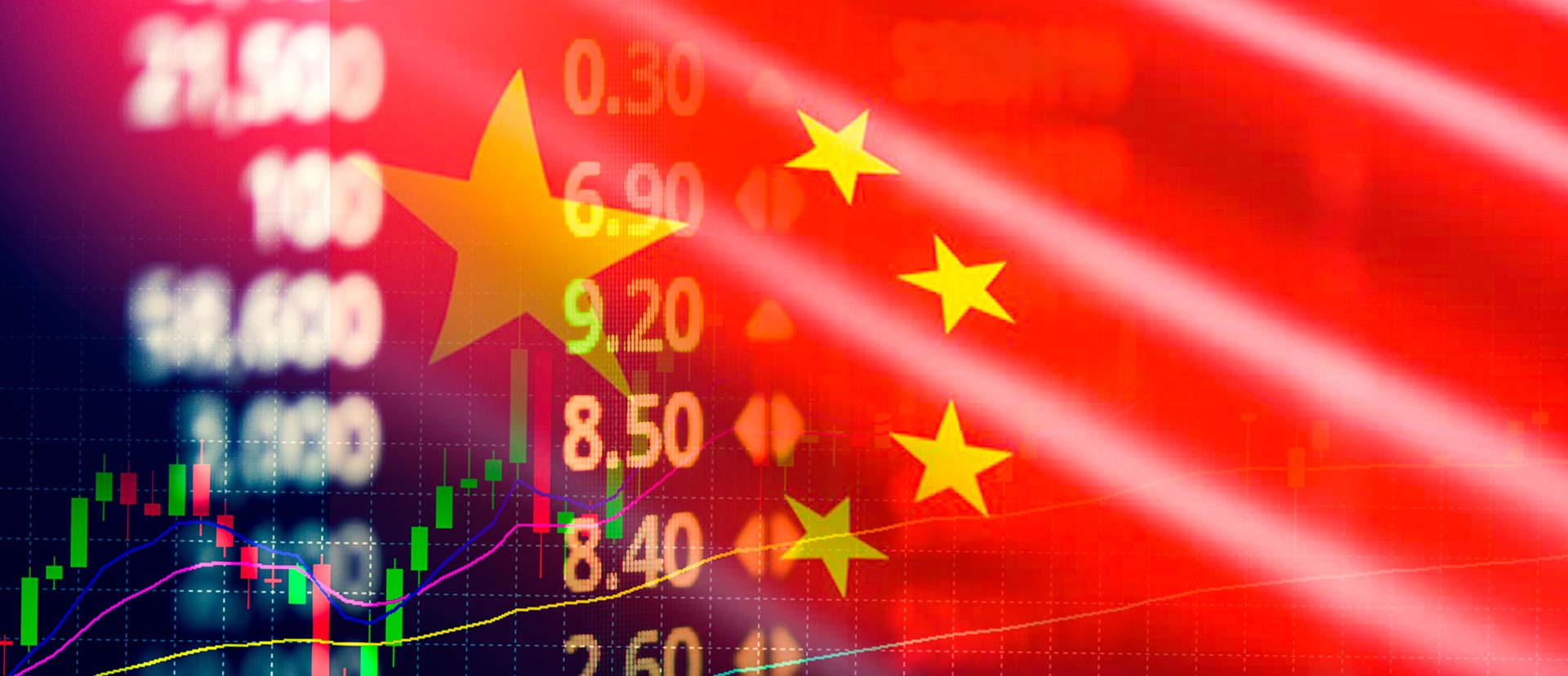Some believe that China is strictly supervising its digital economy. This text hopes to provide a different perspective. This article reviews the development process of China’s digital economy, analyzes the regulatory system, rules and competition policy in the field of China’s digital economy, and holds that when observing the regulation of China’s digital economy, the needs of development and the constraints of the rule of law should not be ignored. As a young market economy and anti-monopoly jurisdiction, China needs to better clarify the boundaries of regulation and coordinate the functions and powers of different regulatory departments in order to achieve the established goal of developing digital economy.
By Huang Yong[1]
I. INTRODUCTION
With the maturity, popularization, application and expansion of communication, the Internet and other technologies, the digital economy is booming. Big data, cloud computing, artificial intelligence and the emerging “metaverse” are placing the world in a wave of industrial digitization. Meanwhile, how to implement competition regulation for the digital economy is also a common problem faced by many jurisdictions around the world in recent years. How to identify anticompetitive effects in the digital economy? How to design corresponding remedy measures? And the most important and essential issue is how to promote market competition through implementation of the AML? In order to solve these and other pr
...THIS ARTICLE IS NOT AVAILABLE FOR IP ADDRESS 216.73.216.116
Please verify email or join us
to access premium content!

